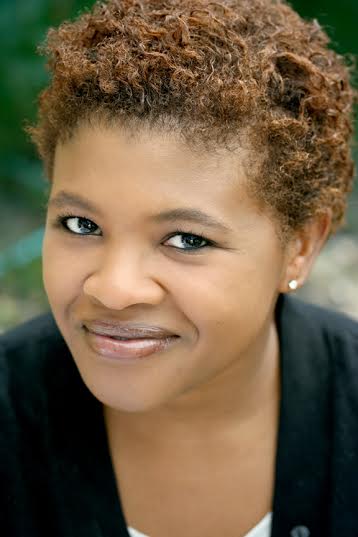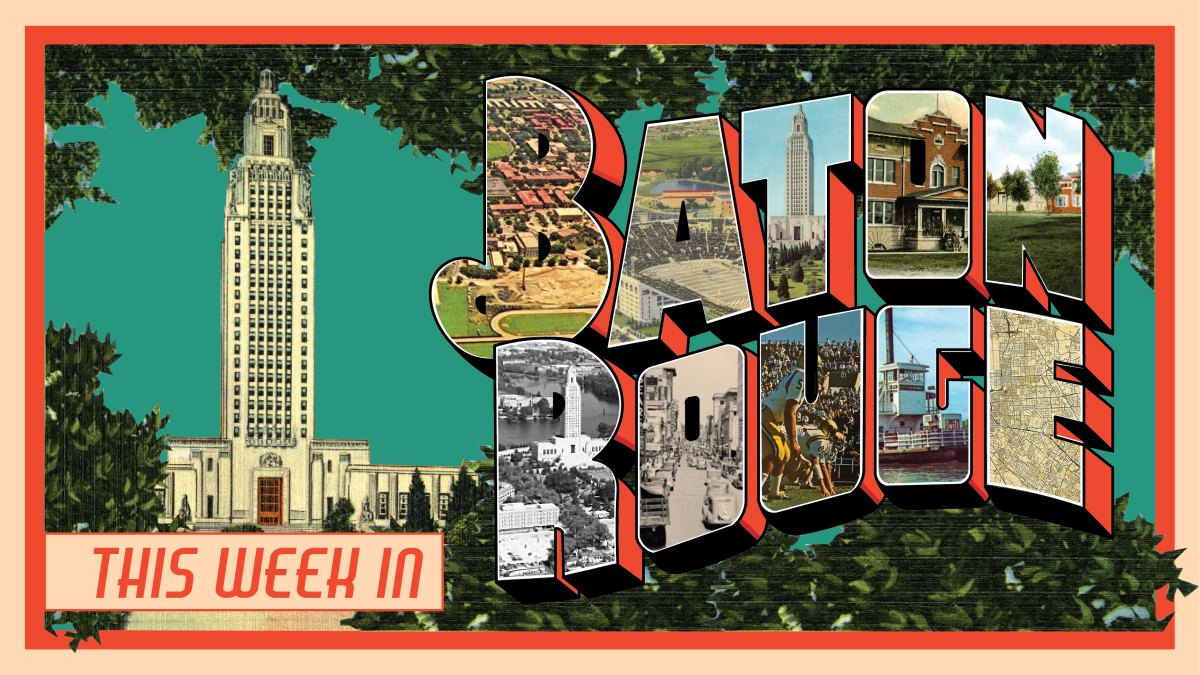Picture a woman on a quaint plantation. The sun is shining, birds are chirping and her hair is flowing gently in the breeze.
Now imagine a bloody, mangled body at her feet.
Welcome to the mind of Attica Locke.
Locke, a Californian author, will be recognized for her book “The Cutting Season” tonight at the Manship Theatre. The Baton Rouge Area Foundation will award Locke with the Ernest J. Gaines Award for Literary Excellence. Every year, the foundation gives the award to an outstanding African-American author who honors Louisiana’s literary traditions. It’s a happy coincidence that Locke’s novel takes place on a fictional modern-day plantation in Ascension Parish.
“Louisiana is incredibly rich territory for any writer because it’s so beautiful and lush and complicated,” Locke said.
The events of the book are inspired by a wedding Locke attended at the Oak Alley Plantation in Vacherie in 2004. The plantation served as a direct model for Belle Vie, the fictitious plantation featured in the novel.
“Writing about sugar cane country was very interesting,” Locke said. “I was kind of stunned by the place. In my mind, it was a protected historical site. But on the site, there’s a restaurant, there’s ice cream, a bed and breakfast. I just found the lives of the people who run this kind of present-day plantation very fascinating.”
The transformation of an archaic plantation into a commercial resort motivated Locke to capture its spirit. When the story begins, everything is business as usual for plantation manager Caren Gray, until she stumbles upon the lifeless body of a little girl in a sugarcane field. From then on, the book mutates into a murder mystery that juxtaposes dark subject matter with bouts of southern humor. In this way, Locke said, her book is a little absurd.
“To me, the whole set up is absurd,” he said. “The second you say you’re writing about a present-day plantation, where people are doing reenactments and there’s a gift shop, you’re already in the land of the absurd. I definitely tried to capture what it’s like for people to be dressed as slaves and texting on their iPhones.”
Locke began writing the book in 2009 — the year she returned to Louisiana to conduct her research. During her stay, she talked to locals about the area and stayed at the Oak Alley Plantation for a few nights.
Locke’s research was also informed by many books about plantation life, including “The Sugar Masters” by Richard Follett and Alec Wilkinson’s “Big Sugar.” As an avid bookworm, she said she believes reading is an essential part of the writing process.
“I love reading,” Locke said. “And I think writing feels like reading. I was 11 when I first started writing stories. I used to try and sell them in junior high school. That didn’t work out, but I always liked to read stories, and I always liked to write stories.”
Despite her pension for writing, Locke was surprised when she was told she had won the award.
“I never in a bazillion years could have pictured anything like this,” Locke said. “But when I drove past the plantation on my way here from New Orleans, I thought, ‘I’ve come full circle.’ And I’m enormously grateful.”
Locke will receive her award at 6 p.m. tonight at the Manship Theatre. Tickets must be ordered in advance by calling the theater at 225-344-0334. The event is free and open to the public.
“Louisiana is incredibly rich territory for any writer.”
Award winning author visits Baton Rouge
By Panya Kroun
January 22, 2014

(Image courtesy of Attica Locke)






